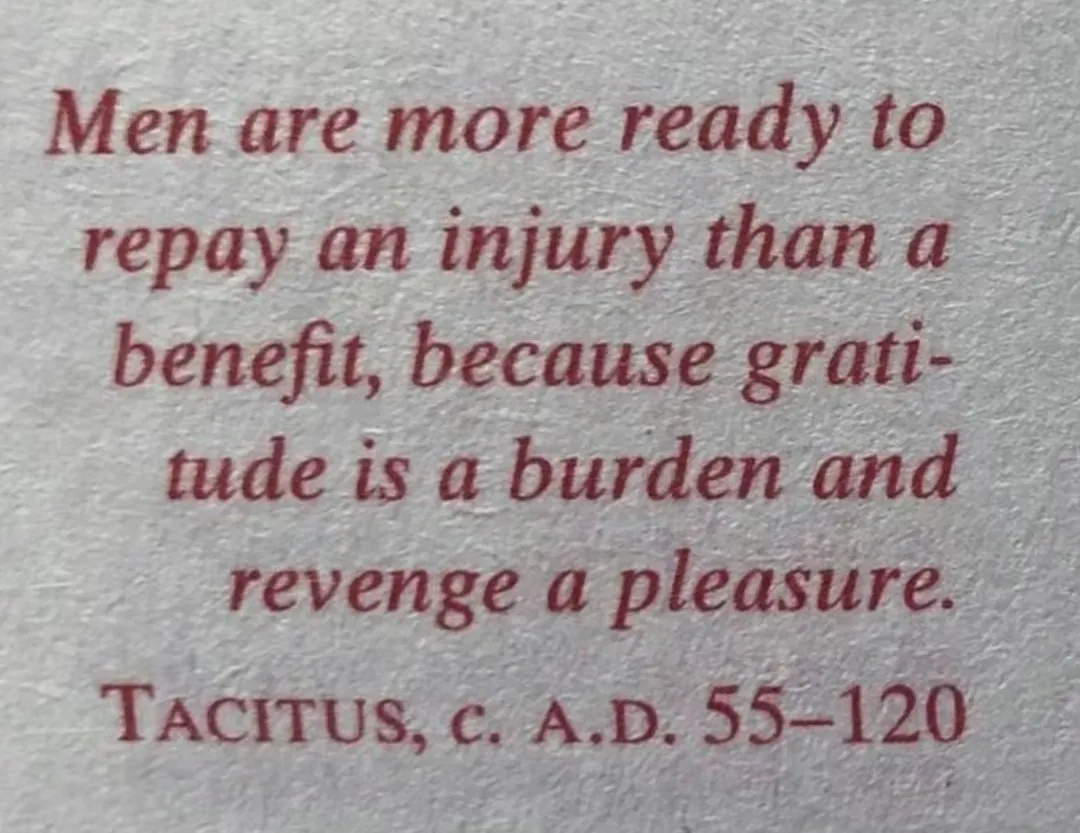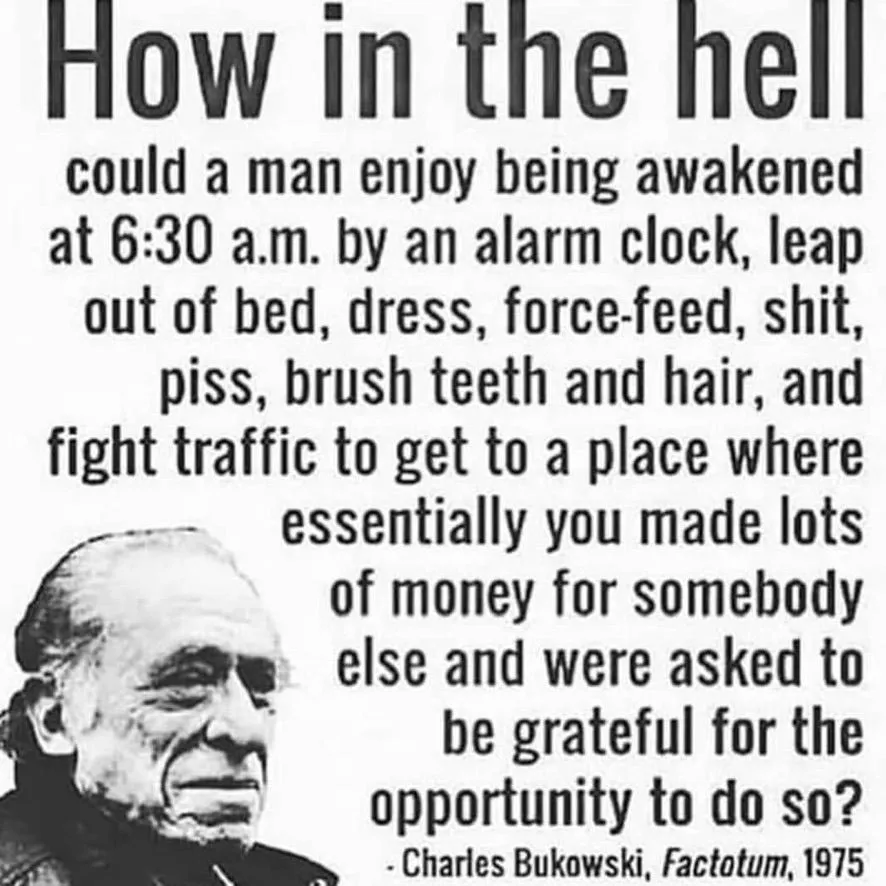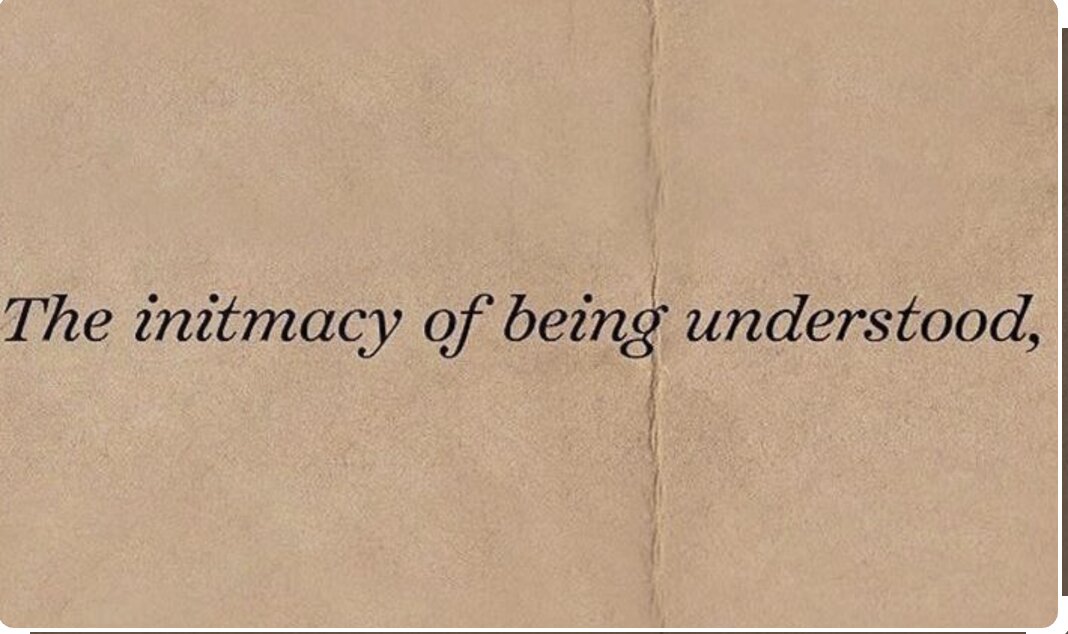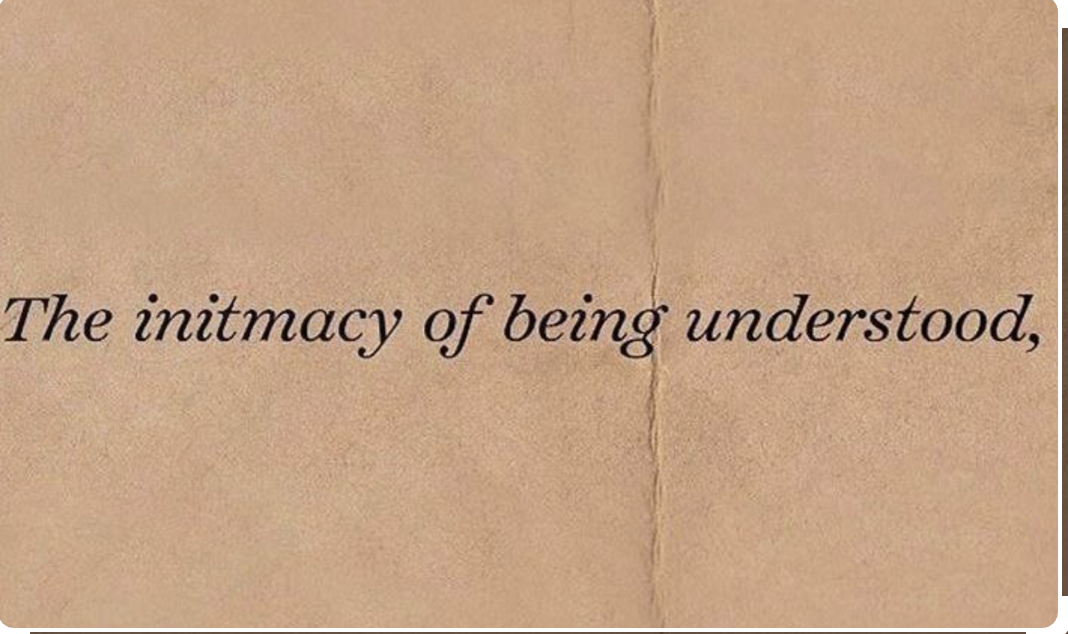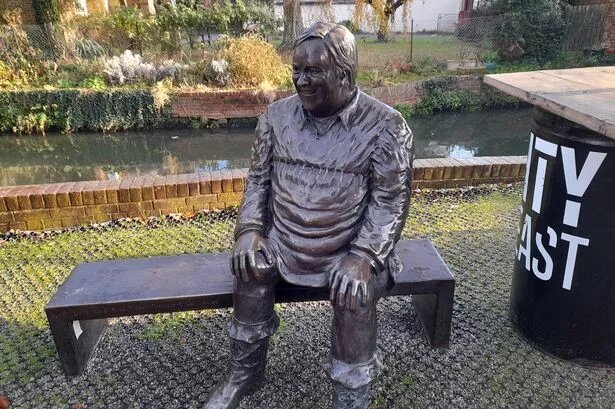3 min read
Imagine you’re at a restaurant. The waiter approaches with a menu, but it has only two items: Gratitude and Revenge.
Gratitude or Revenge — what a strange restaurant, my friend. But stay with me in this fantasy. One feels heavy, like carrying a sack of stones up a mountain, and the other? Light, fiery, like throwing those stones straight at someone’s head. And here lies the great irony: most people choose to throw the stones.
Tacitus knew this well when he said, “Gratitude is a burden, and revenge a pleasure.” And how true it is — for the unconscious mind.
Revenge is delicious, isn’t it? It’s like fast food for the mind— cheap, quick, and instantly satisfying. Someone wronged you, and now you get to play the hero in your own soap opera. You strike back, and for a moment, oh, how powerful you feel! But power built on revenge is like a house of cards — fragile, temporary, and meaningless.
Gratitude, though? Gratitude is slow, quiet, and subtle. It doesn’t hit you over the head with a rush of emotion. It’s not dramatic, and that’s why most people ignore it. Gratitude doesn’t make you feel powerful; it makes you feel connected. And connection is terrifying for the ego. Why? Because to feel gratitude, you must first admit that you are not an island. Someone helped you, someone supported you, and this simple truth bruises the ego’s pride.
And yet, gratitude is the real power. It is the gentle rain that nourishes life. Revenge burns, gratitude grows. One depletes you, the other fills you. But most people still choose revenge. Why? Because it’s easy. You don’t need to reflect, to process, to understand. Someone hurt you? Wonderful — turn into a raging volcano and burn everything in sight. But remember this: once the volcano erupts, it destroys the land around it. And when the lava cools, all that’s left is ash.
Gratitude, on the other hand, is like planting a seed. It takes time. It’s boring at first. But slowly, that seed grows into a tree, offering shade, fruit, and beauty. Gratitude transforms not just you, but everything around you. It’s not flashy, but it’s enduring.
So why do we resist gratitude? Because the ego loves drama. Revenge is dramatic; gratitude is subtle. Revenge inflates the ego; gratitude dissolves it. But here is the truth: gratitude is freedom. When you can feel grateful, you step out of the ego’s prison and into life’s abundance.
If you must indulge in revenge, let it be against your ignorance, your laziness, your small-mindedness.
That is a revenge worth taking. But against another human being? Drop it. It is not worth the energy. Instead, sit quietly. Breathe. Look around. There is so much to be grateful for.
Gratitude is not a burden; it is a celebration. Revenge is not a pleasure; it is poison dressed as dessert. The choice is yours. Do you want to burn, or do you want to bloom?
